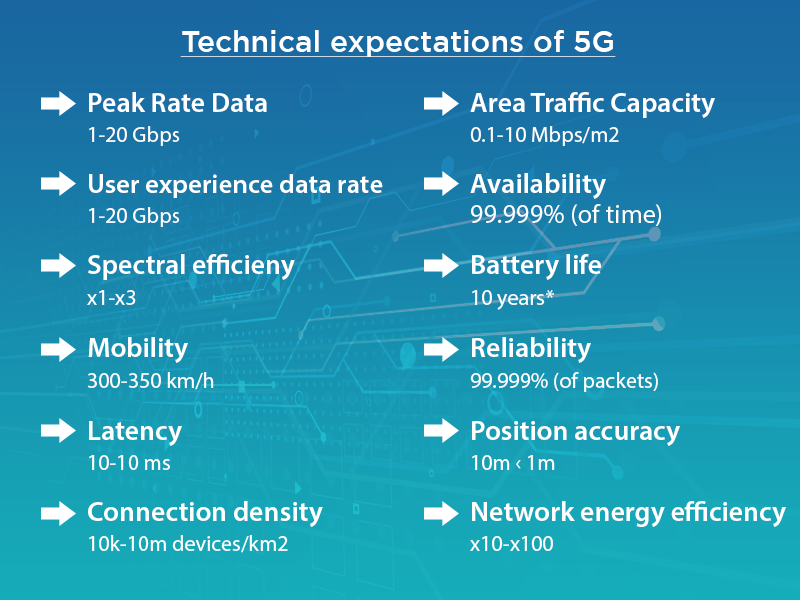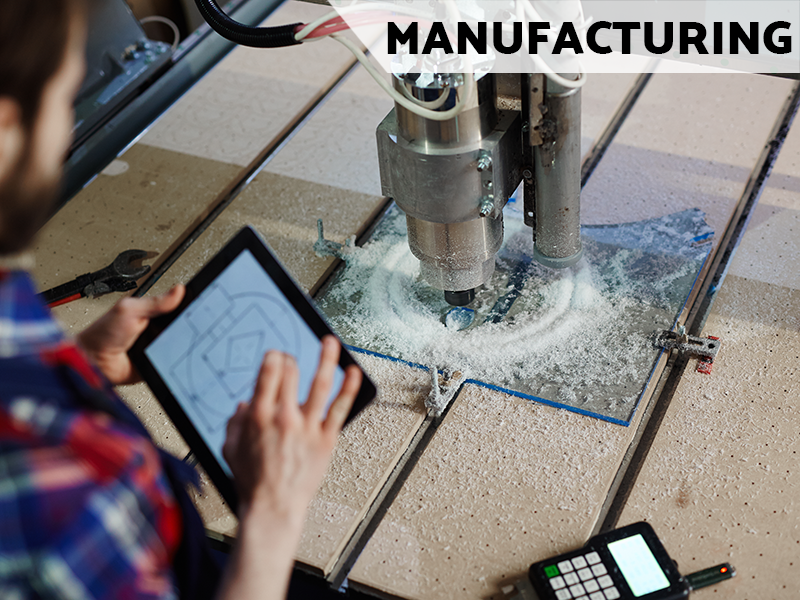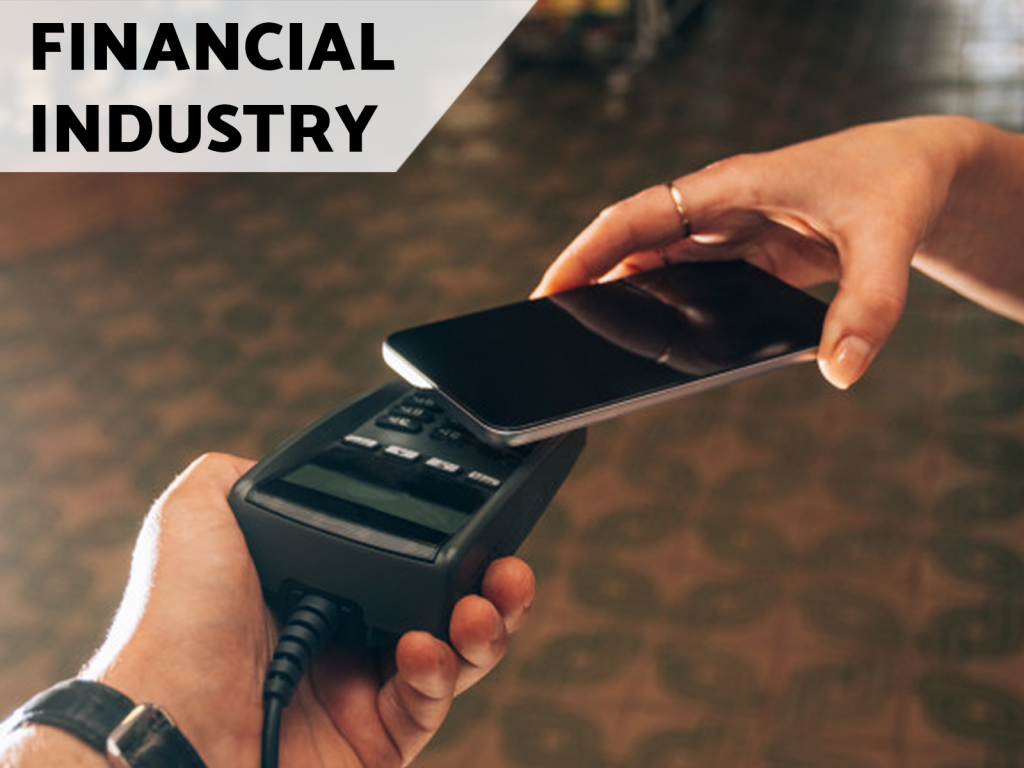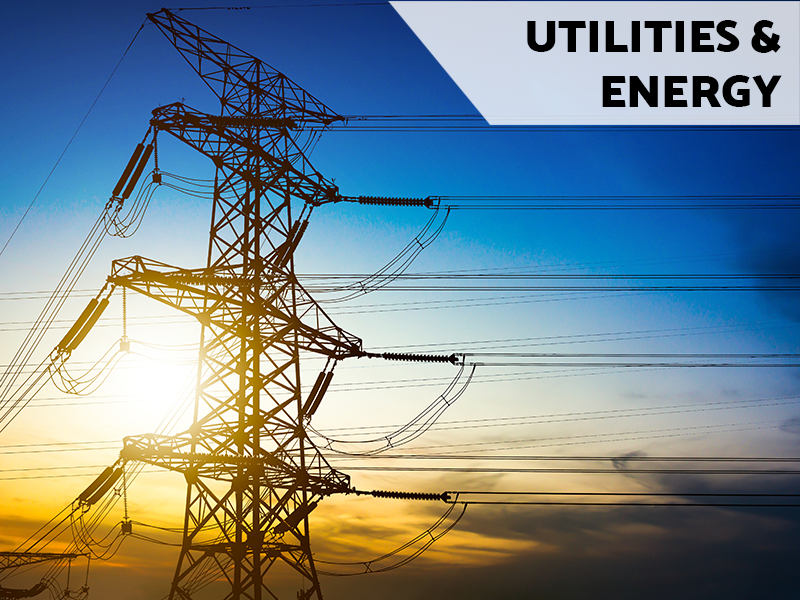5G innovation has the potential to disrupt many trending technologies, including the Internet of Things. Let’s find out what characteristics it will offer and what sectors will be impacted by it.
Connectivity has brought IoT on the rise. Many of the activities that we conduct in our day to day lives now concern the internet and connectivity. Without it, businesses and individuals alike will find it difficult to communicate with others. That being said, with the introduction of the sip trunk vs pri debate, it has never been easier to remain connected with those that matter. IoT is also driving this idea forward as it can be very beneficial for businesses and enterprises. As an example, manufacturers can integrate IoT sensors developed by an iot development company into their equipment or products. After that, the sensor can transmit performance information to alert the concerned person when it is time to replace the equipment, so they don’t have to wait until it breaks down.
According to research, the number of devices is set to increase rapidly from 700 million to 3.2 billion by the year 2023. Many factors are contributing to this rise; one of the most important will be the 5G network introduction. The 5G network will help these connected devices by enhancing their performance and reliability. Continue reading this article to know how 5G will push the Internet of Things market to new heights.
Technical Expectations from 5G

What 5G characteristics will shape the advanced IoT?
Though the 4G and LTE networks provide what’s needed for connectivity between devices to get the job done, 5G has the potential to transform this landscape. A study estimated that IoT would reach $ 520 billion by 2021, and we will experience effortless connectivity as well as highly speedy connectivity.
Let’s see what 5G is bringing for IoT:
- Better Reliability: IoT devices highly depends on reliable networks. One such example of this is the services categories behind 5G is Ultra-Reliable Low-Latency Communication. This standard is built to ensure secure and uninterrupted data transmission with low lapse rates. 5G also has the potential that can ensure that IoT devices have reliable and responsive networks that can maintain a critical application.
- Increased Capability: The connected devices unusually use a lot of bandwidth. The reason behind this is that the data transmitted through the IoT devices are small in scale. Though vast collectives of IoT devices can in aggregate lead to a huge amount of data.
Here comes the role of 5G; it ensures that overall network capacity can deal with plenty of IoT devices.
- Lower latency: While 4G provides excellent capacity for millisecond latency in single digits, but 5G promises to lower this latency level to sub-milliseconds. The latency matters where the connected devices need to make quick decisions such as self-driving cars. The responsiveness that will reach in sub-milliseconds can determine the difference between life and death.
We usually neglect the impact of excellent connectivity, but it can work wonders for you. No business can ignore the impact of millions of connected devices appearing over the internet every year. But let’s identify what sectors can take benefit of this fast, reliable 5G connectivity.
Sectors That Will Get Benefit from 5G in IoT
There is no doubt that the actionable, real-time data that IoT delivers is opening many possibilities. 5G is accelerating this trend, and many fields can take benefit from it. A few are mentioned below
Automation Industry

There are a number of factors of 5G that align closely with the IoT requirements of smart vehicles. These autonomous vehicles are packed with sensors that require availability, reliability, and low latency to operate smoothly. Whether you consider vehicle to vehicle communication or vehicle to everything communication, the enhanced connectivity of 5G will allow business people to push boundaries.
Healthcare Industry

Healthcare industry deals with life and death decisions. Here 5G reliability will offer remote surgeons the certainty, which is lacking under the 4G connectivity. The first 5G was performed in Fujian, China, in which they took the benefit of IoT’s speedy connectivity over the 5G network. Surgery is an ideal case in which a 5G combination can provide high reliability and low latency by reducing the chance of mistakes while also enabling the surgeons to be more responsive.
This connectivity will also help patients to get treatment from the world’s best specialists remotely through the highly advanced IoT connectivity.
Manufacturing

5G technology has the potential to transform the manufacturing industry and can help in production operations by making it more efficient and flexible. It will enable smart factories that will leverage all the advanced technologies, including iot in manufacturing, automation, artificial intelligence, and augmented reality.
This next-generation wireless technology will also result in increased adoption of IoT as well as Augmented Reality, as 5G offers high bandwidth and low latency. It will help in transforming the factory settings and will assist in maintenance, construction, operations, etc.
Financial Services

Financial institutions are also moving towards technology advancements and mobility. Many financial organizations could be looking at the benefits of process digitization, and may benefit from help with migrating to AWS or other similar cloud solutions for improved business efficiency, Here 5G will accelerate this digitization by enhancing internal operations and will boost customer engagement.
This rapid speed provided by 5G will enable users to make banking operations such as transactions instantly on their devices. The increased speed made possible by 5G could allow users to make payments transactions instantly on their devices. This network advancement will also allow connected devices and wearable devices to authenticate user information immediately and precisely.
Utilities and Energy

In energy production, the innovation of 5G can provide many solutions such as transmission, distribution, and usage. It can also unleash smart grid features and efficiency.
With IoT, there will be more connected smart grids, and energy management will become more efficient by reducing electricity peaks and overall cost.
Besides all these benefits, 5G also increases the lifespan of devices that are battery dependent. This presents a more practical solution for making mass deployment of IoT devices for the energy industry.
Wrapping it up
With the 5G technology in the next few years, IoT will deliver more enhanced business outcomes. It provides greater flexibility, data efficiency, and speed, which will optimize IoT, such as connected cars, smart cities, and wearables. This is the ultimate solution for consumers and industries.





